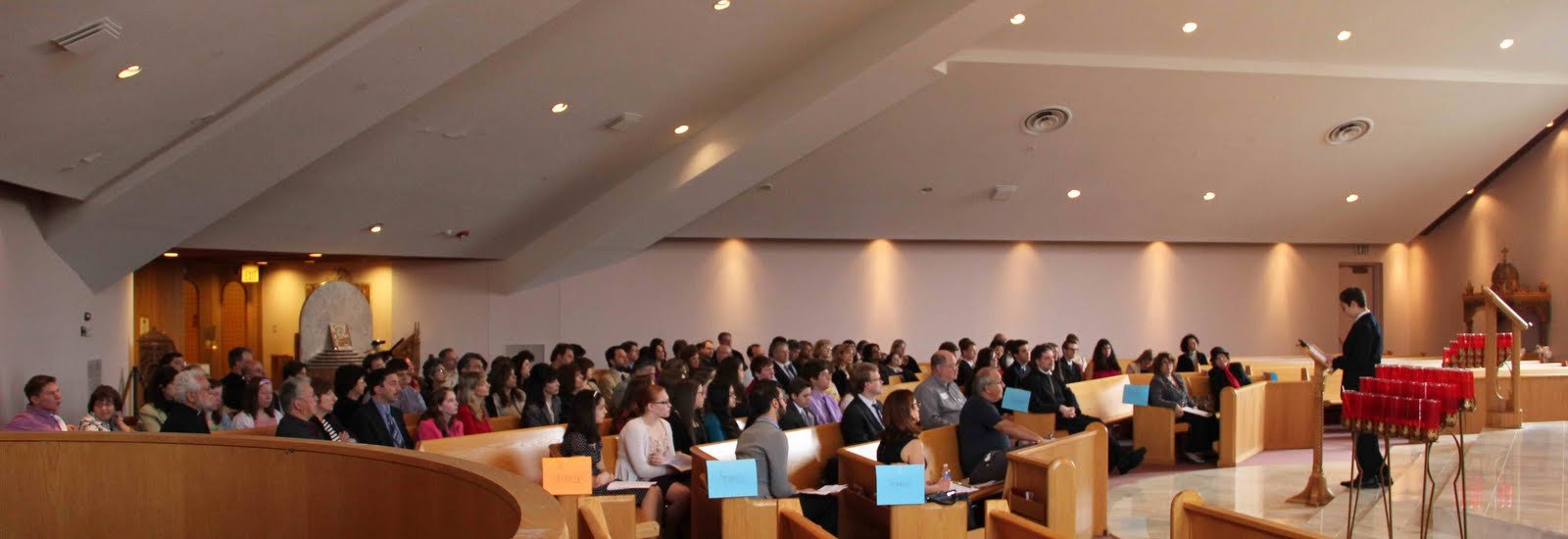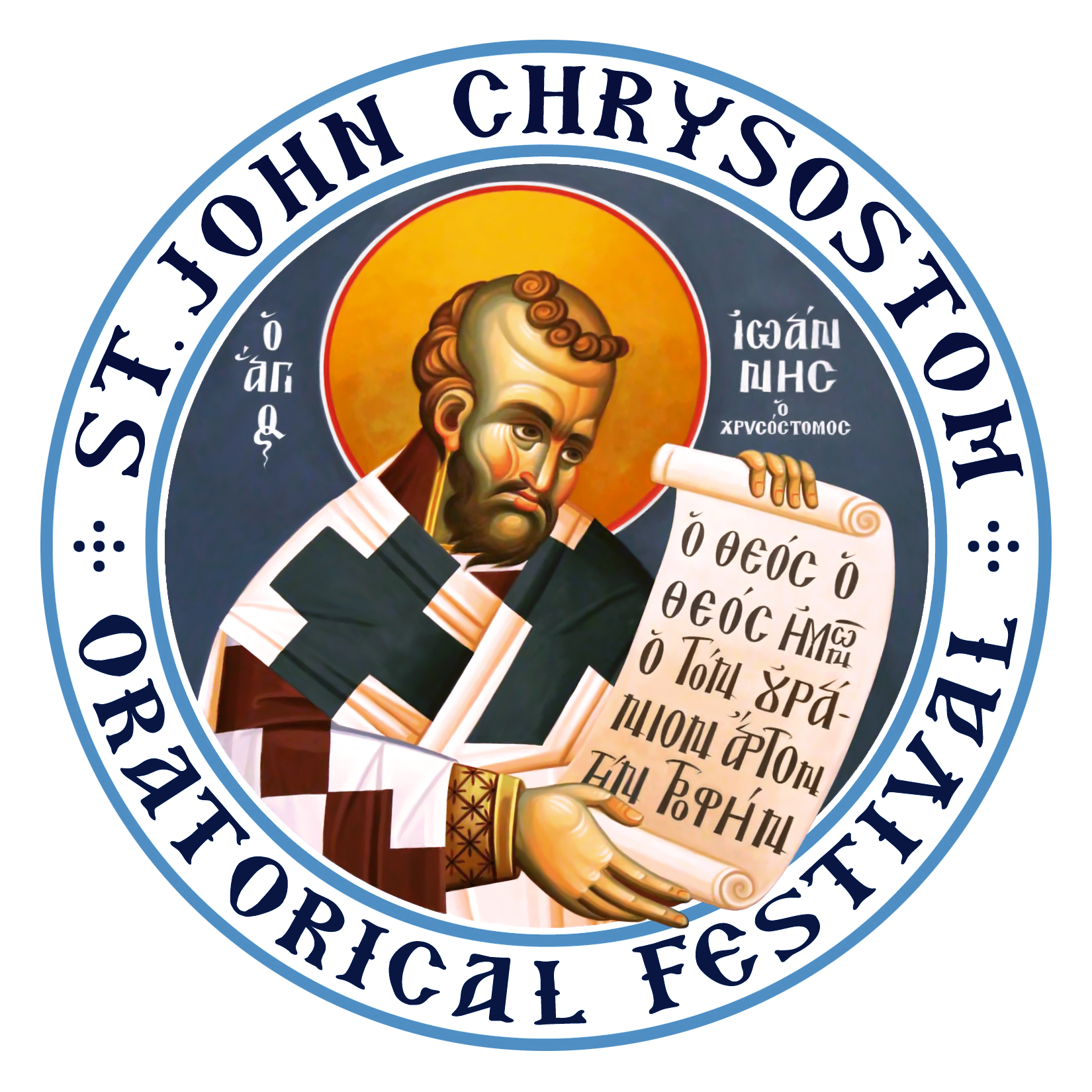St. John Chrysostom Oratorical Festival
Intro
Welcome to the Oratorical Festival webpage. All our Church School students are encouraged to participate every year.
How to participate:
Select a topic
Register
Prepare
Schedule
2024
Oct 01 | Topics announced
Nov 04 | Select a topic
Nov 18 | Registration due / Start preparing / Mentor assigned
2025
Jan 20 | Speeches are due (email them to Fr. Alex for review)
Feb 01 | Parish Oratorical Festival (in the church sanctuary)
Oratorical Festival Topics 2025
Junior Division (grades 7-9)
Philanthropy is an important part of the Church’s mission. It involves more than giving money. Why is it important to support people in different ways besides just donating? In what ways can we offer support, and how can these other forms of help make a difference in the lives of individuals and the community?
In Psalm 4, we are told to "be angry, but sin not." Why would we be encouraged to be angry? How does anger fit into the life of an Orthodox Christian?
The Orthodox Church is filled with repetition: we sing “Lord, have mercy” dozens of times every service, we sing the Paschal Troparion all throughout Pascha, and we repeat the same Divine Liturgy every single time. What is the importance of repetition in the Orthodox Church?
The Russian Orthodox novelist, Fyodor Dostoevsky, once said that “Beauty will save the world." What is the role of beauty in the Church and in the world at large?
What is the symbolism of the liturgical vestments worn by a deacon, priest, and bishop, and how do these vestments reflect and correlate to their specific roles and responsibilities within the Divine Liturgy?
Senior Division (grades 10-12)
His All-Holiness, the Ecumenical Patriarch, is recognized as the highest Primate in the Church. This title signifies a unique leadership role within the Orthodox Church, where authority and primacy are balanced with equality among Patriarchs. Discuss the practical implications versus the theoretical aspects of His All-Holiness' role in the Orthodox Church. What does it mean for him to be both "first among equals" and "first without equals”?
The Seven Ecumenical Councils are regarded as seven of the most important parts of Church History, which came after the completion of the Bible. Pick one of the Council’s and explain why it is important.
The Bible is full of figures, both good and bad, who, while not talked about frequently, can be hugely helpful in understanding both salvation history and our place in it. Pick a lesserknown figure from the Bible, explain who they are, how they fit into the Biblical narrative, and what we can learn from them.
While every church building is different, there are specific guidelines and practices that describe how and why they are built the way they are. Research them, and then explain their theological significance.
As the world grows increasingly tumultuous and fearful, today’s youth appear to be more anxious about the future. Discuss Christ's role as the bringer of hope and how that fits into modern life.


